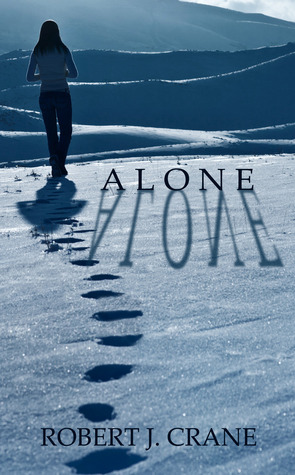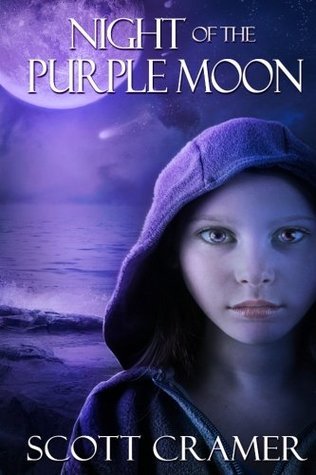I've mentioned this topic before, but it bears repeating. Reader reviews are critically important in the publishing industry,
especially in the self-publishing industry. Readers are wary of something, or someone, new. They'll wonder if the book they've just come across is worth a read, worth a buy. It's not something by one of the "big name" authors. They've heard self-published authors tell bad stories poorly, with language and grammar skills that would make a kindergartener blush. How, then, might they decide to try out someone new?
Reviews. Ratings. Likes.
Reviews and ratings by other readers provide that social proof, that comfort that you're not shelling out hard-earned money on something that's going to lower your IQ or waste your time. It's proof that somebody felt enough about the product to take a few minutes to go back to Amazon, Barnes and Noble, Kobo, or elsewhere, and type a few words explaining what they thought of the book. It's proof that somebody felt compelled to submit their thoughts on a site like Goodreads or LibraryThing, thoughts that other potential readers can review and use to determine if the work in question is something that will interest them.
Not all reviews are "good," of course. No book, regardless of its critical or popular acclaim, will appeal to everyone.
Harry Potter and the Sorceror's Stone has sold millions of copies and is loved by hundreds of millions of people around the world. Yet the book has received 183 1- or 2-star reviews on Amazon.com. People are more likely to be intrigued by a book that has a lot many reviews than one that has few; people will review a book averaging 3.9 stars before one with five stars if the former has 200 reviews and the latter has 5.
There's also the fact that reviews are, for authors, the equivalent of sending them chocolate or a bottle of wine. Even if the quality is poor... it's still chocolate and wine. Reviews enable authors to grow and improve as writers, to fine-tune their craft and story-telling approach. It works, too. As I write this, my first book has received nine reviews, and the feedback from the
one bad review is feedback I've used as I've written ongoing books. Did the rating sting? Absolutely. But it was constructive feedback, and I'm happy the author of the review chose to share that feedback.
Of course, there are also the reviews that please you because you've clearly reached someone, and had them understand the deeper messages you've tried to send with the story. I've gotten
at least one review like that. Trust me, it's an incredible feeling when a stranger can connect with your work in such a fashion.
Amazon's policy bans (or at least very noisily discourages) authors from reviewing the work of other authors. Due to some highly publicized author misbehavior, Amazon is acting in its best interest, looking to ensure that readers trust the reviews to be honest, without any ulterior motives, and that potential readers can trust what they're reading. The concern with authors reviewing work is that there's the chance of suspicion of authors trading reviews in an "I'll scratch your back, you scratch mine" move that may or may not accurately reflect their actual impressions of each other's work, or whether they've actually
read the work they're "reviewing." Similarly, negative reviews by other authors could be construed as sabotaging a competitor's sales in order to promote one's own, whether by directly promoting the other work in the review, or simply expecting review readers to drift to the nasty author's work by process of elimination.
The problem is, of course, that the vast, vast majority of authors do neither. Authors read. They read in the genres they write because
they like that type of story. And when they locate something they truly like, they'll happily promote it to their own readers. Similarly, they'll identify work of subpar quality, because poor work can turn readers off, not just from that title or author, but books in a similar genre. It's best for all that poorer works receive that feedback so that they might improve, just as it's important for outstanding work to receive top reviews and move up the rankings. Authors can study those top works and use it to improve their craft, and readers and authors both benefit. Except on Amazon, of course.
I've chosen to review all books I read on Goodreads, because they've not elected to adopt policies such as Amazon's. I write. I can review books. People can review my books. It works.
This is good, because ratings and reviews from other authors, seem that much sweeter. I've written two reviews lately that have had a great impact on those authors; one went so far as to include
the money quote excerpt in a blog post. I think that's fantastic, because it means that those reviews meant something to them.
Reviews don't take long to write or submit. If you're a visual learner,
this video by author Michael Hicks (a fantastic sci-fi writer that you should check out if you haven't already) explains the process. But the repercussions are endless. You'll help other readers decide whether to read -- or not read -- a book, and you'll give writers the knowledge that their months or years of work impacted someone enough to write about that work. The next time you finish a book, spend that few minutes on Goodreads, Amazon, Barnes and Noble, or wherever it is that you find books, and provide your feedback.




